
Philippe Jabre carried Lebanon with him on his travels around the world, like a pain that doesn't subside and a nostalgia that doesn't cool down. Forty years of exile, between New York, Paris, and Geneva, didn't extinguish his passion for a country he loves like one's first love... with violence and without conditions. He wasn't attracted only by professional glory, but continued to search for Lebanon's beautiful face through time, gathering fragments of his memory, piece by piece.
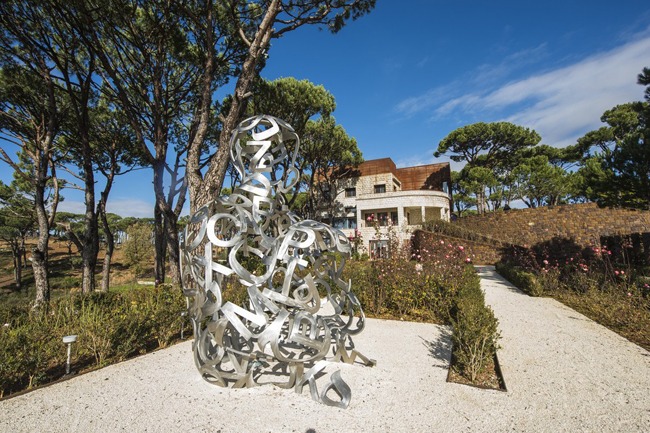
Today, in a quiet corner of the National Museum of Beirut, part of his vast collection of travel posters is exhibited in the "Nihad Said for Culture" wing. There, the old posters don't just decorate the walls... they whisper like spirits returning from a glorious era, telling the story of a country called the "Switzerland of the East".
From the 1920s to the 1970s, this invaluable visual archive extends, because it's not just an art collection... but a silent pulse of nostalgia, written by Jabre through images so that Lebanon wouldn't be forgotten. And through reservations at the museum he owns in Beit Chabab, one can see thousands of paintings, drawings, photos, and more.
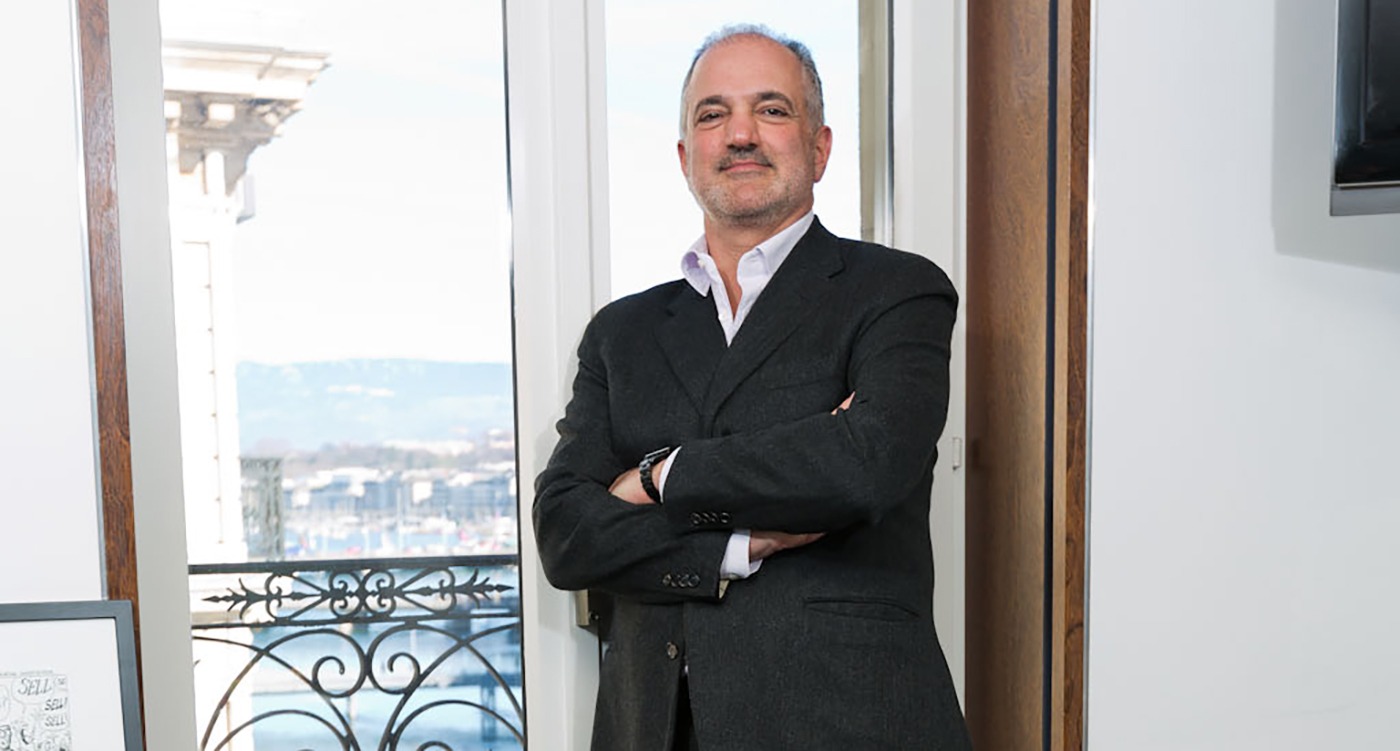
Philippe Jabre was born in 1960 in Beirut, at a time when Lebanon was still playing the symphony of life with its beauty and uniqueness. When he turned sixteen, fate took him far away... to a different world, under different skies, but he carried with him the image of Lebanon as he loved it, and decided to redraw it, piece by piece, in everything he accomplished during his long exile.
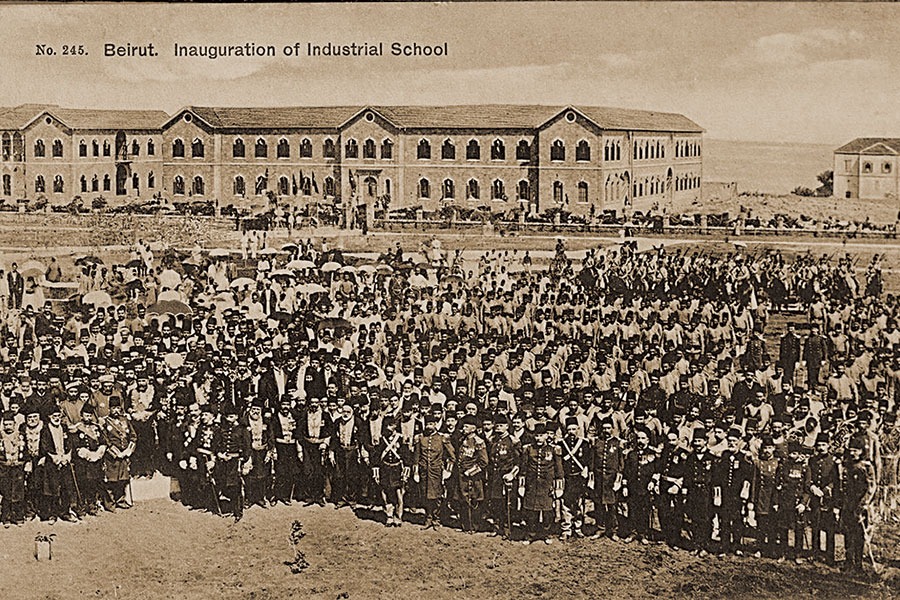
Philippe, who received his education between Lebanon, Canada, and the United States, saw that immigration melted humans into a mold of equality. "In exile, there are no privileges for anyone. We all start from scratch," he says. But despite his successes that followed him from New York to Geneva, nostalgia for Lebanon remained an ember under his skin that didn't cool down.
Art in the language of the homeland
"The lucky merchant is the one who collects maybe Picasso's paintings, then witnesses a market explosion. But if he didn't collect them with love, he wouldn't have benefited"... that's how Jabre tells his passion for art. But he didn't collect for profit, but for memory. For Lebanon, which he wanted to keep alive, not just in images, but in people's souls.
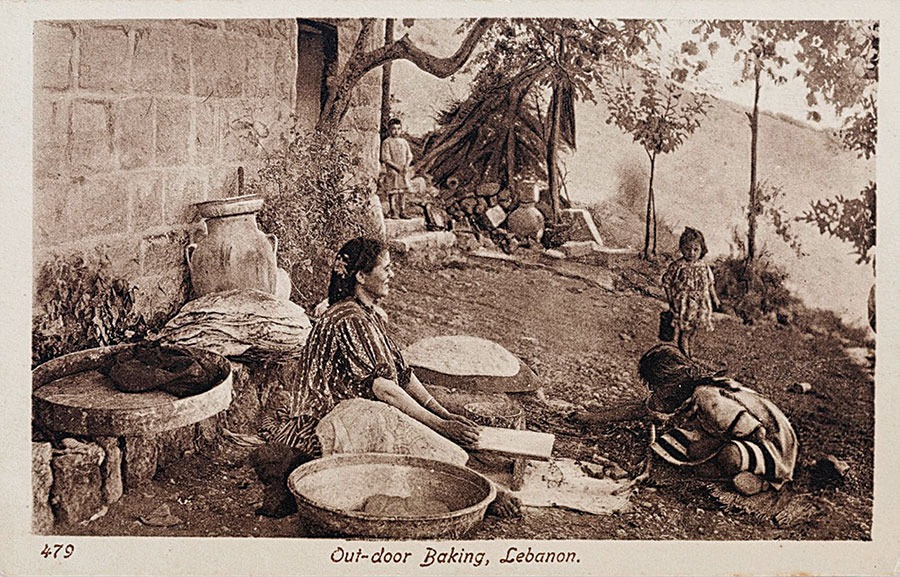
Jabre's art collection isn't a museum. It's a ribbon of life. Travel posters, film posters, old advertisements for Middle East Airlines and the Ministry of Tourism, tell a story of a time when Lebanon was the destination of dreamers. Beirut, Baalbek, Jeita, the sea, the cedars, the evenings... all of this appears behind the paper as if it's saying: we are here, don't forget us.
When he returned to the family villa in the village of "Bwa de Boulogne" or "Boulonia", the walls were screaming in pain. The villa, which had been occupied by the Syrian security regime and turned into a surveillance headquarters, seemed like a miniature image of the wounded country. But Philippe didn't pay attention to the destruction, he saw a seed of life in it. Seven years of renovation, more than $10 million, and 120 artisans brought the pulse back to a stone heart.
"I wanted to say that Lebanon can rise again," he whispers.
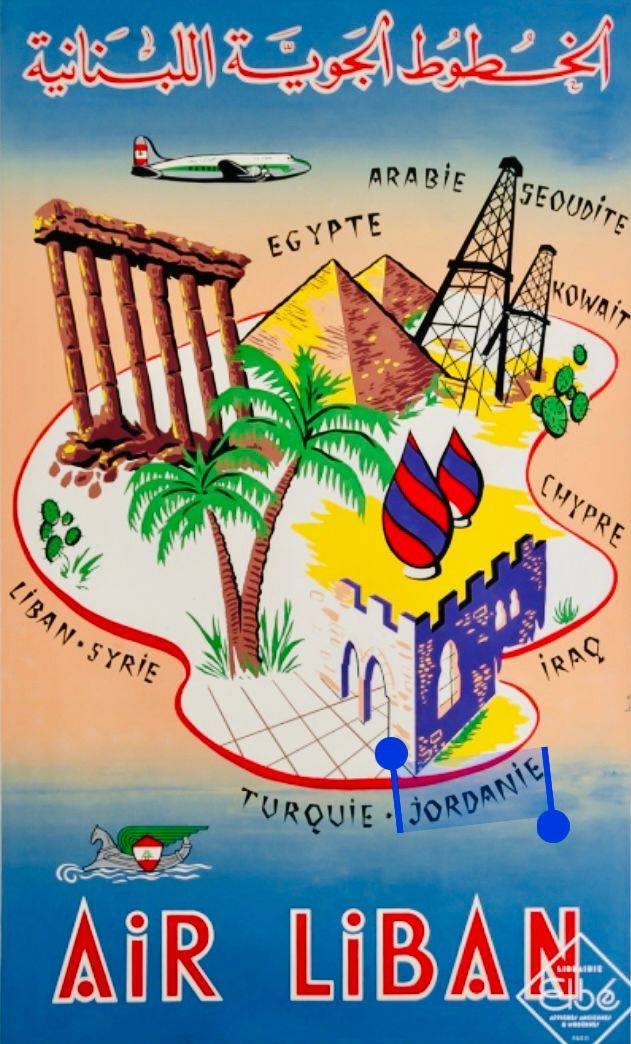
And today, the villa, surrounded by a thousand pine trees, jasmine, and lavender, houses art, tranquility, and prayer.
Almaza... roots don't die
Among the projects closest to his heart was the acquisition of the majority stake in the company "Almaza", the historical Lebanese brewery. He didn't do it out of greed for gain, but out of a desire to return the institution to the family after ninety years. "Almaza is not just a beer... it's a memory," he says.
From Jeita to Qobayyat, from summer concerts to supporting tourism, Philippe doesn't hesitate to say: "Our country must remain open to the outside world, and must return to being a destination for the world."
Since the establishment of the "Philippe Jabre Charitable Association" in 2001, hundreds of educational grants and medical and social assistance are provided silently, without spotlight. "Helping others is the most important success you can achieve," he once said, and it continued to light the way.
He loves helping youth, believes in social justice, and confirms that society is not built on salaries alone, but on culture, education, and dignity.
Despite his brilliant financial career, which earned him the nickname "hedge fund legend," Professor Dakash chose to give him another title: "missionary of social solidarity."
Perhaps because Philippe Jabre resembles the beautiful Lebanese, the one who still believes in love, light, and dignity. A man who sees that tourism, culture, and institutions are all links in one chain: "If one member of the body becomes sick, the whole becomes ill."
And perhaps for this very reason, Jabre remained, despite everything, trying to repair what was broken. To gather what was scattered. To redraw the homeland, anew, poster after poster... and nostalgia after nostalgia.
Source: annahar.com


